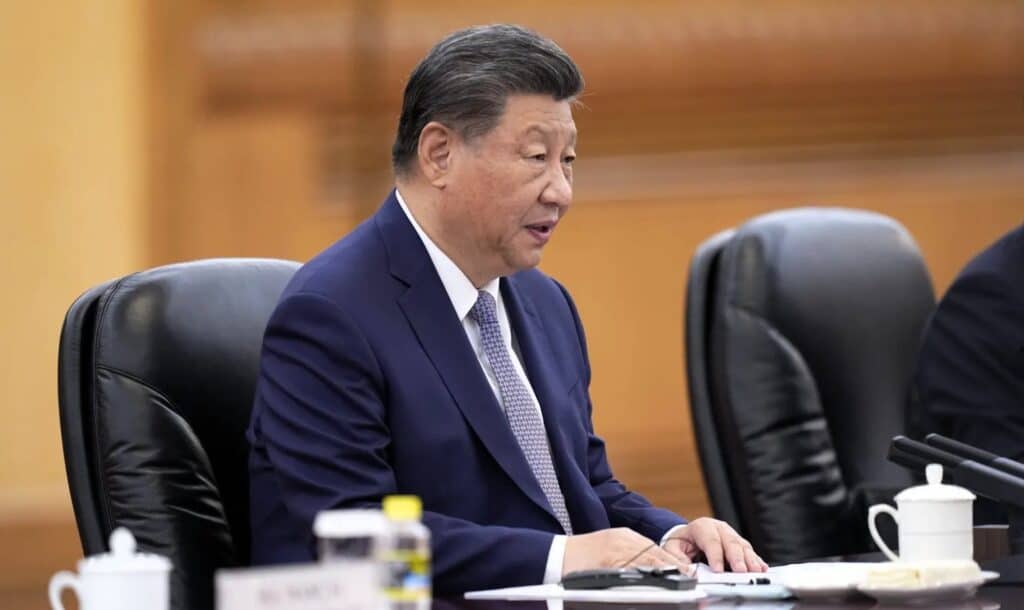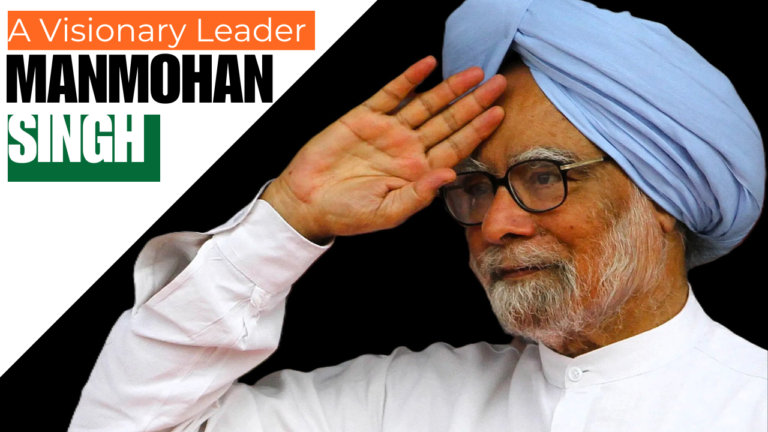In an unusual but telling move, Chinese President Xi Jinping recently sat down with some of the country’s most influential business leaders. The message? China’s private sector is not only here to stay. Still, it is expected to play a more significant role in the nation’s economic future.
The high-profile meeting took place on Monday at Beijing’s Great Hall of the People, where Xi met with key figures from companies like Alibaba, Tencent, and Huawei. According to state media outlet Xinhua, he reassured entrepreneurs of the government’s commitment to supporting private businesses—offering better access to financing, tax relief, and a fairer competitive environment.
“Our private economy will only grow stronger—it cannot be weakened,” Xi said, as reported by Xinhua. “And it must take center stage on a grander scale.”
Big Names in the Room
Among those present were some of China’s most influential tycoons, including Tencent co-founder Pony Ma, Xiaomi’s Lei Jun, Huawei’s Ren Zhengfei, and BYD’s Wang Chuanfu. Even Alibaba’s Jack Ma, who has kept a low profile in recent years, was spotted in the room, marking a significant moment given the regulatory challenges he and his company have faced.

Xi’s last meeting with private business leaders was back in 2018, during the height of U.S.-China trade tensions under the Trump administration. Now, with new economic challenges and an escalating tech race with the U.S., the timing of this gathering signals a shift—one that could reshape China’s approach to its private sector.
China’s Private Sector: A Key Player in Economic Recovery
With economic headwinds mounting and consumer confidence still shaky, private businesses have become a stabilizing force in China’s economy. Shen Meng, managing director of investment bank Chanson & Co., described the meeting as a “clear signal of encouragement.” Hosting a high-level discussion like this, he noted via WeChat, shows Beijing’s intent to rely on private enterprises for growth and innovation.
Meanwhile, China’s tech sector is navigating a complex landscape. The U.S. has imposed strict restrictions on AI and semiconductor exports to China, but that hasn’t wholly slowed progress. In January, a Chinese AI startup, DeepSeek, unveiled a budget-friendly AI model that shook Silicon Valley, leading to a staggering $1 trillion drop in the market value of major tech players like Nvidia.
Not to be outdone, Alibaba has been pushing its own AI agenda. The company announced in January that its Qwen AI model outperformed DeepSeek—and even some OpenAI models—in specific benchmarks. Tencent, on the other hand, is already testing DeepSeek’s AI within its WeChat platform, hinting at a future where China’s most popular messaging app evolves into an AI-driven super-app. The excitement sent Tencent’s stock soaring by 6.5% on Monday.
A Shift from Crackdowns to Collaboration?
The meeting marks a notable departure from Beijing’s more heavy-handed approach in recent years. Back in 2020, Jack Ma’s public criticism of China’s financial regulators led to the sudden suspension of Ant Group’s record-breaking IPO. That moment kicked off a wave of regulatory crackdowns, with tech giants slapped with billion-dollar fines, gaming companies forced to curb online playtime for minors, and entire industries facing stricter oversight.
But things seem to be changing. Jack Ma, who spent years avoiding the spotlight, has been slowly re-emerging. Last week, Alibaba announced a partnership with Apple to bring AI-powered services to iPhones in China. This deal could significantly boost Alibaba’s AI ambitions.
“The private sector will be the backbone of future economic expansion,” said Feng Chucheng, founding partner of Hutong Research. He emphasized that boosting consumer spending and innovation will be key to China’s recovery. Monday’s meeting was a step in that direction.
For China’s business leaders, the renewed state support is a welcome shift. However, whether this signals a long-term easing of government intervention—or just a temporary olive branch—remains to be seen.
Please visit Blogsweneed for the latest news, blogs, and articles like this.

Hi, I’m Nathan Cross, a writer and avid reader who loves crafting articles for newspapers and online platforms. Words are my passion, whether I’m telling stories, sharing insights, or sparking conversations. When I’m not writing, you’ll find me lost in a book or out on the baseball field, enjoying the game that keeps me grounded. Writing, reading, and baseball—these are the things that define me.




